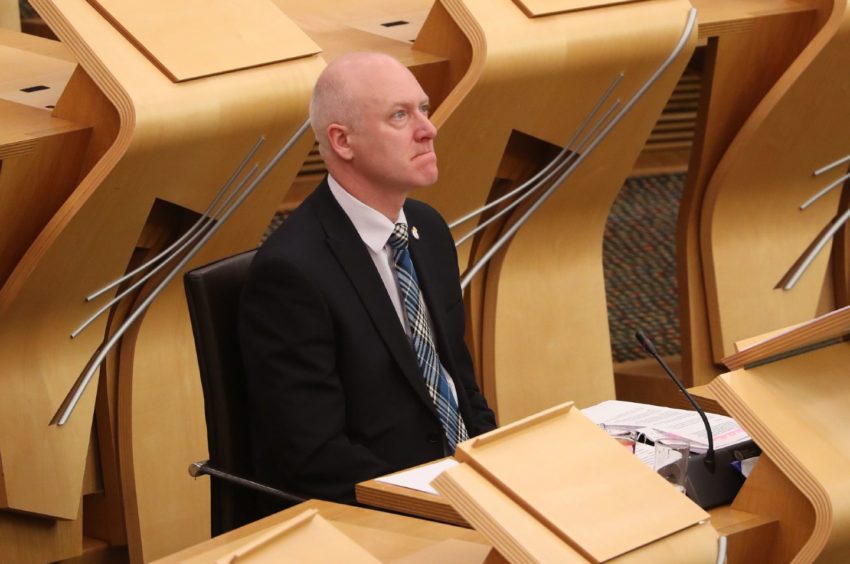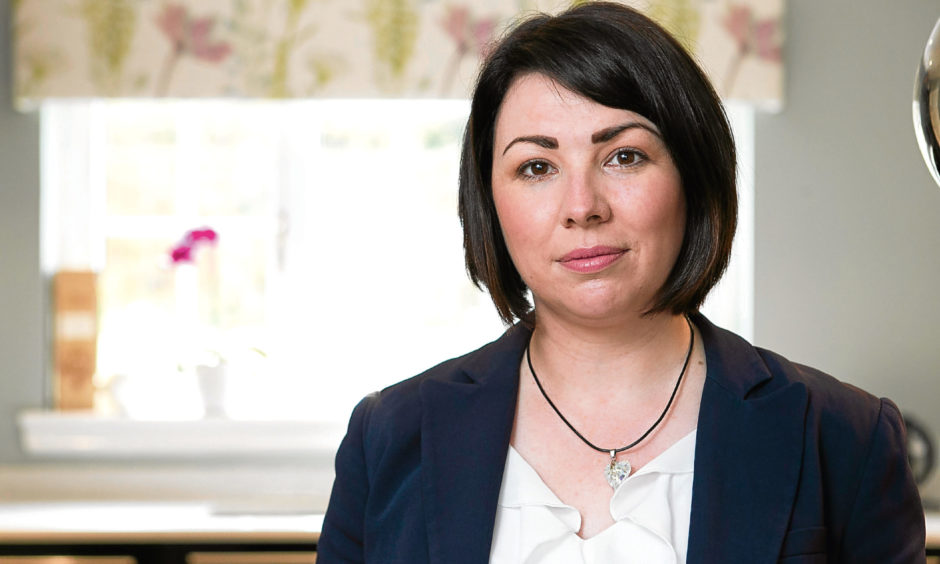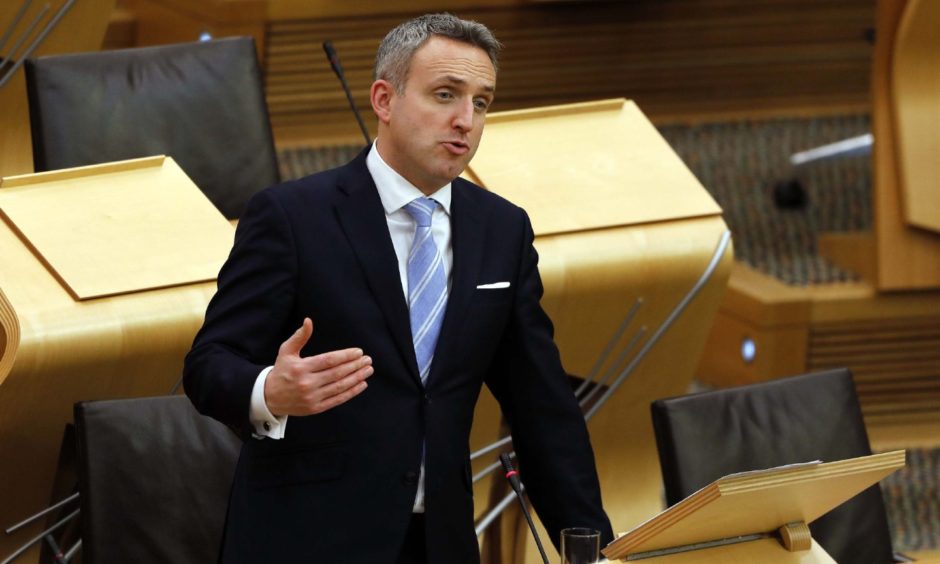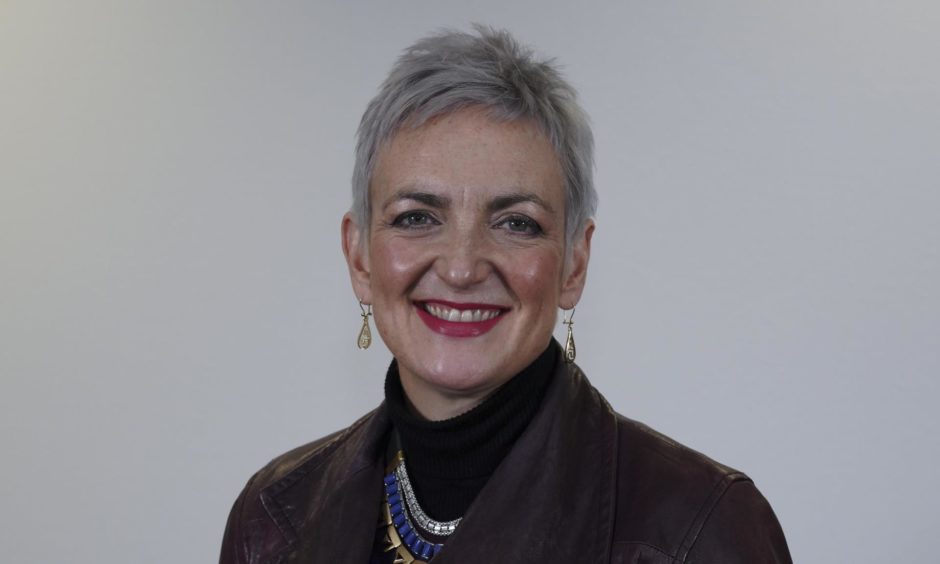Scotland’s new drugs minister has promised a multi-spectrum approach to tackling the country’s horrific drugs death problem, as she revealed 60% of those who died of overdose in Dundee did so alone.
MSPs took part in a virtual members debate on Thursday brought to parliament by Scottish Labour health spokesperson Monica Lennon.
Ms Lennon called for £20 million additional funding for the country’s drug and substance abuse treatment services.
Dundee council area retained its unenviable position as drugs death capital of Europe, after figures showed fatalities from abuse rose from 66 in 2018 to 72 in 2019 — the sixth year in a row it has done so.
The National Records of Scotland annual statistics show 1,264 people died from drug-related causes in the country in 2019.
Scotland’s death rate is higher than those reported for all the EU countries and is approximately 3.5 times that of the rest of the UK combined.
SNP MSP Angela Constance replaced Dundee City West representative Joe FitzPatrick as drug policy minister, who resigned as minister for public health shortly after the harrowing figures were published.
Action needed now
Before beginning the debate, Ms Lennon held a minute’s silence, which was observed by all MSPs ahead of the discussion.
She said: “Since joining parliament in 2016, this is the third members bill on substance misuse I have brought forward.
“Here we are again, debating Scotland’s drug deaths crisis… the highest in Europe.
“Recovery activists have been telling us for years, ‘you keep talking, we keep dying’.
“Tragically, to our shame, they are right.
“The loss of life has doubled in a decade. I want to put on record my condolences to everyone who has lost a loved one.
“A lack of money and resource for statutory and third sector services hasn’t been the only driver behind Scotland’s increasing drug deaths, but it is a major factor.
“Services are running on shoestring budgets, rehab beds have closed, including on the first minister’s doorstep.
“As a minimum, £20 million is required now for residential rehab.
“I asked Annemarie Ward (of drug recovery group Favour UK) what the new minister needs to do. She said ‘help people get well. Give people the opportunity to get off drugs.
“The reality is, too many people are met with a boarded-up door or waiting list as long as your arm.
“What action is the minister taking to make sure there is a full spectrum of harm reduction, recovery and prevention interventions?”
‘Put recovery first’
Lib Dem health spokesperson Alex Cole-Hamilton said the Scottish Government chose to make a 23% cut to drug and alcohol partnerships.
“Services people relied upon were surrendered.
“That cut was preventable. The truth is Scottish ministers did not see drug reform as a vote winner.
“It is time to put recovery first.”
Lived experience will be used
Ms Constance said she had been meeting people with “lived experience” of drugs since she began her new role as drugs policy minister.
She said: “I am crystal clear that, to save lives, we need to do more, we need to do better and we need to do it faster.
“As a pragmatist, I will always focus on what I can do as opposed to what I cannot.”
She continued: “My focus will be getting people into treatment. We need to remove the barriers and obstacles to treatment.
“I want to build a consensus that is not comfy, cosy or complacent.
“I will learn from experience and research… we need a spectrum of responses. We need a culture of change, of compassion.
“We don’t need to wait around for evidence, we can gather evidence in action.
“I am acutely aware 60% of drug deaths in Dundee died alone… they were using drugs alone and they died alone.
“We need to scale up pilots to ensure that, if someone presents to services with an overdose, we not only save their life but offer them treatment immediately. We know that more than half of those who die drug-related deaths have a history of overdose.
She added: “The First Minister will make a statement next week, laying out how we will achieve a step change in the short, medium and longer term.
“This will include a commitment to increase the provision of residential rehabilitation and bring our bed numbers up to the European average.”
She said “significant resources” were needed to bring about the changes the Government wanted.




